When Trevor Freeman tilts into his backswing and sends a golf ball sailing, there’s nothing to suggest his blood cells aren’t shaped like everyone else’s.
Nor does his busy life fit in with stereotypes about limitations imposed by sickle cell disease.
Along with earning a varsity letter at East Kentwood High School, he competes in extracurricular golf tournaments. He likes math. He’s learning to drive. He likes listening to music and hanging out with friends.
And while sickle cell disease can sometimes cause him pain and fatigue, Trevor has become an expert in his own right when it comes to managing his symptoms and care.
“I don’t have many problems or much pain,” Trevor, 16, said. “And when I do, I just take some Tylenol and go to sleep. It doesn’t affect me much, and I can still do things I want to do.”
That’s been his family’s goal since his diagnosis—to help him care for symptoms without treating him like he’s fragile.
“We never say, ‘No,'” Antoinetta, his mom, said. “We don’t shatter dreams. We just keep them realistic.”
A complex diagnosis
Doctors diagnosed Trevor with sickle cell disease, an inherited red blood cell disorder, at birth.
While Antoinetta knew she was a trait carrier, her husband, Roger, was adopted, so his status wasn’t clear.
“When the nurse came in to tell me, she was shaking. She was so nervous,” Antonietta said. “I just looked at her and said, ‘He has sickle cell, doesn’t he?’ And she was so relieved that she didn’t have to tell me.”
The couple had been ready for the diagnosis.
But the nurse encouraged them to prepare for the challenges ahead.
For the first year of Trevor’s life, Antoinetta “lived on pins and needles.
“I was at the doctor’s with him for every little thing,” she said. “One day, I sat back and said, ‘I have to do this differently.'”
With some prayer and perspective, she formed a new attitude.
“I realized the Lord gave me this child to give him the best life possible,” she said. “And I realized that if I treat him as if something is wrong and he has a disability, so will everyone else.”
At that moment, she said, “Team Freeman was formed. We decided we wouldn’t say no, but let him explore and do everything that he wants to do.”
Sickle cell symptoms
Trevor’s relatively mild symptoms underscore what experts say is one of the most important things to understand about sickle cell disorders: They can be incredibly varied.
“It’s a very heterogeneous disorder,” said Matthew Pridgeon, MD, who specializes in pediatric hematology-oncology at Spectrum Health Helen DeVos Children’s Hospital. “It’s an umbrella term we use for several different conditions.”
All types of sickle cell disease are inherited.
Healthy blood cells are round and they carry oxygen easily throughout the body.
In sickle cell, they become hard and sticky. They take on a telltale C shape, like farm tools known as sickles.
These cells die early, creating an ongoing shortage of red blood cells. They can clog small blood vessels, causing pain and other serious complications, such as infection and stroke.
“The clinical courses of each can vary in severity, and even within each type, while there may be a general pattern, there’s considerable variety,” Dr. Pridgeon said. “It presents in many different forms.”
Trevor has an alpha-cell gene mutation, which the doctor said “tempers his sickle cell disease and makes him more likely to thrive.”
But while Trevor has had fewer crises than many patients with sickle cell, that doesn’t mean his challenges haven’t been intense.
At age 8, Trevor was hospitalized with pneumonia and a temperature of 104 degrees.
“They couldn’t break his fever, and they had to give him a blood transfusion,” Antoinetta said.
Amid that, Trevor had looked at her and said, “Just tell God I’m not done here yet. I’ve got a lot of things to do.”
At that moment, she said, “I realized I could lose my son.
“Now, I tell him every day that it’s a blessing to wake up with him, to talk to him, to see him,” she said. “We know he’s doing great now, and hope that continues. But with this disease, that can change tomorrow.”
Managing care
Treatment can include hydroxyurea, a medication that makes red blood cells bigger and better-behaved, Dr. Pridgeon said.
Trevor is doing so well, he recently decided to go off the medication. It’s important to point out that Trevor—not his parents—made that call, Dr. Pridgeon said.
The push toward autonomy is essential to raising kids with chronic health conditions, Dr. Pridgeon said.
“We want to teach children, especially as they move through adolescence, to step into the role of advocating for themselves,” he said.
Antoinetta said she has tried to take a back seat at medical appointments, so Trevor can learn to steer his care.
And while Trevor may drive the bus, the entire family is on board.
After Trevor’s birth, they learned his dad also has a sickle cell trait, as do both of Trevor’s sisters, Achante’, 23, and Kennedy, 14.
“So out of the five of us, four are trait carriers and one has the full-blown disease,” Antoinetta said.
The Freemans have relocated often, so they’ve become strong advocates and educators, Antoinetta said.
“We’ll meet the staff and principal at a new school, so everyone knows what to look for and to make it easy for him to discreetly say to a teacher, ‘Hey, I’m not feeling well,'” Antoinetta said. “We want him to feel safe and comfortable without calling attention to himself.”
And they hope his dreams—attending the University of Michigan on a golf scholarship and playing professionally someday—come true.
Trevor first picked up a club at age 7.
He was selected to attend First Tee’s Game Changers Academy this year, based on an essay he wrote about the importance of diversity in golf.
“We’ve made it our model to make sure that he lives a prosperous, blessed life and that he doesn’t feel that his disease hinders him,” Antoinetta said.
That’s important, Dr. Pridgeon said.
Many people have stereotypical ideas about how difficult sickle cell can be, imagining patients are always in pain and living with considerable limitations.
And, conversely, people too often make assumptions that, since a child has a milder form, “that they will always be doing well,” Dr. Pridgeon said.
The goal: Respect that each patient is on their own journey.
“We walk with them throughout that, helping them succeed at the things that they want to do,” Dr. Pridgeon said. “We are doing what we can to minimize risks and catch any medical complications as early as possible, so we can get things under control as soon as we can.”

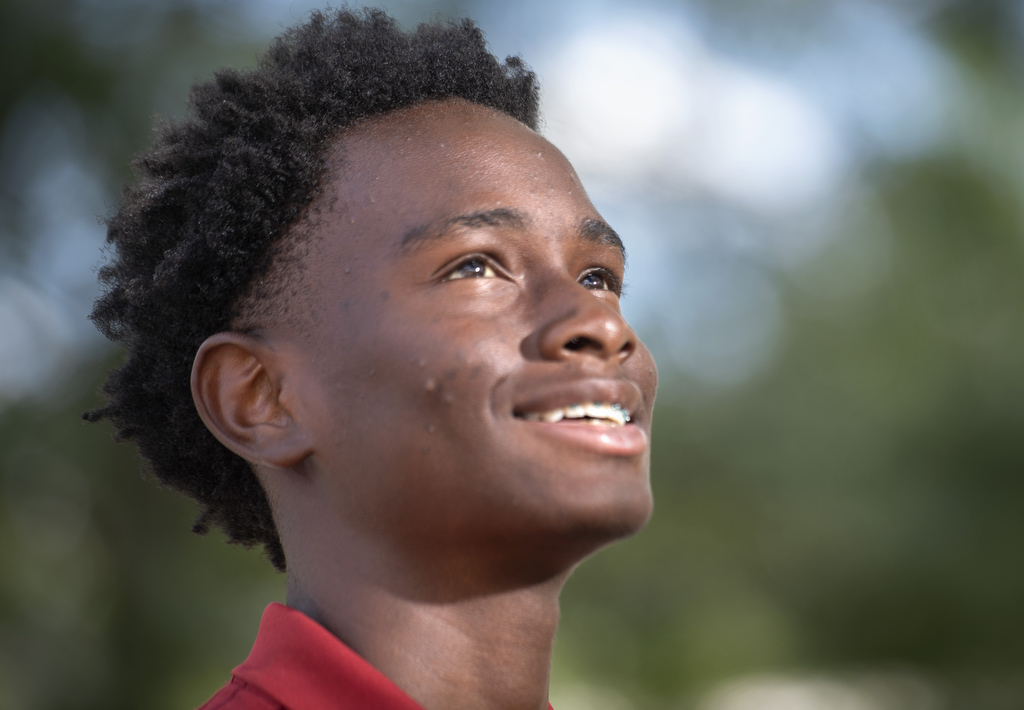
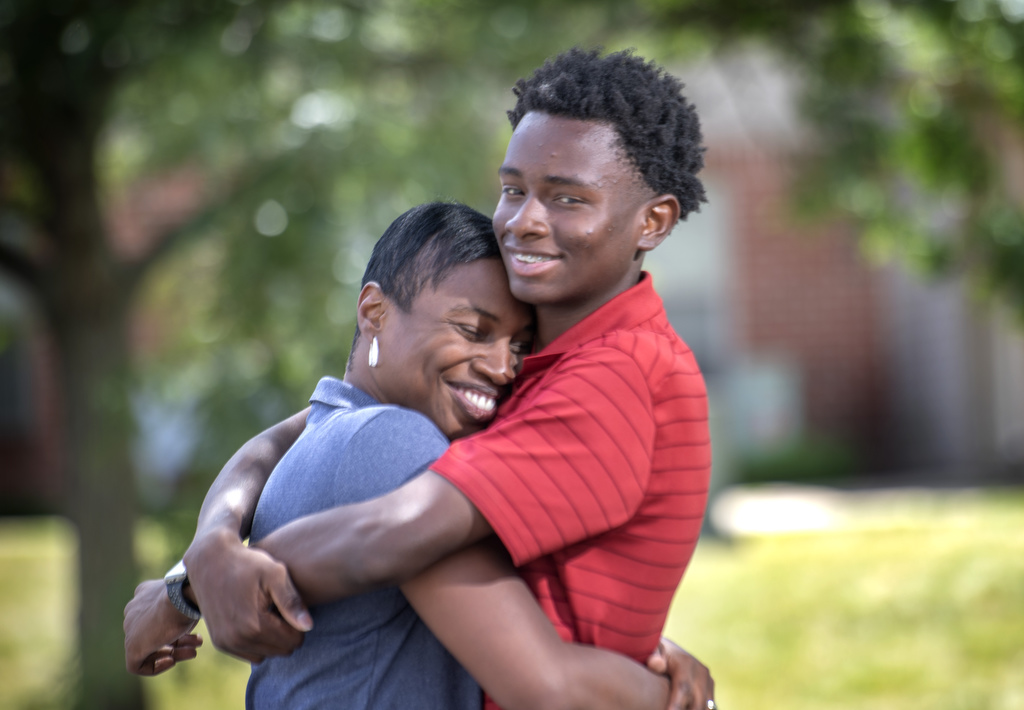
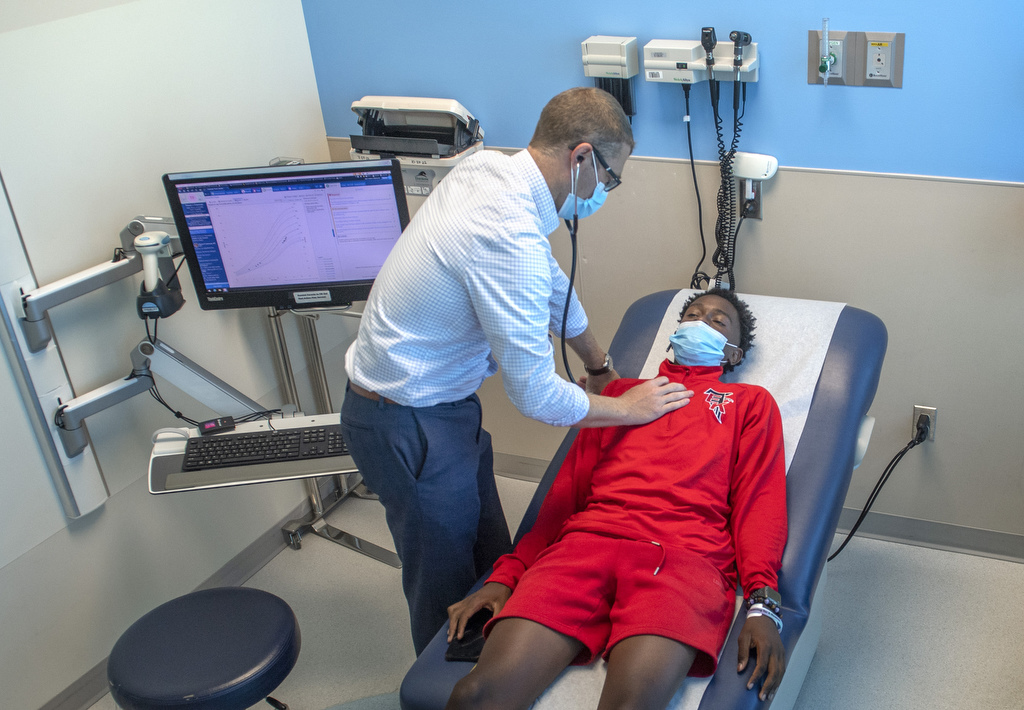
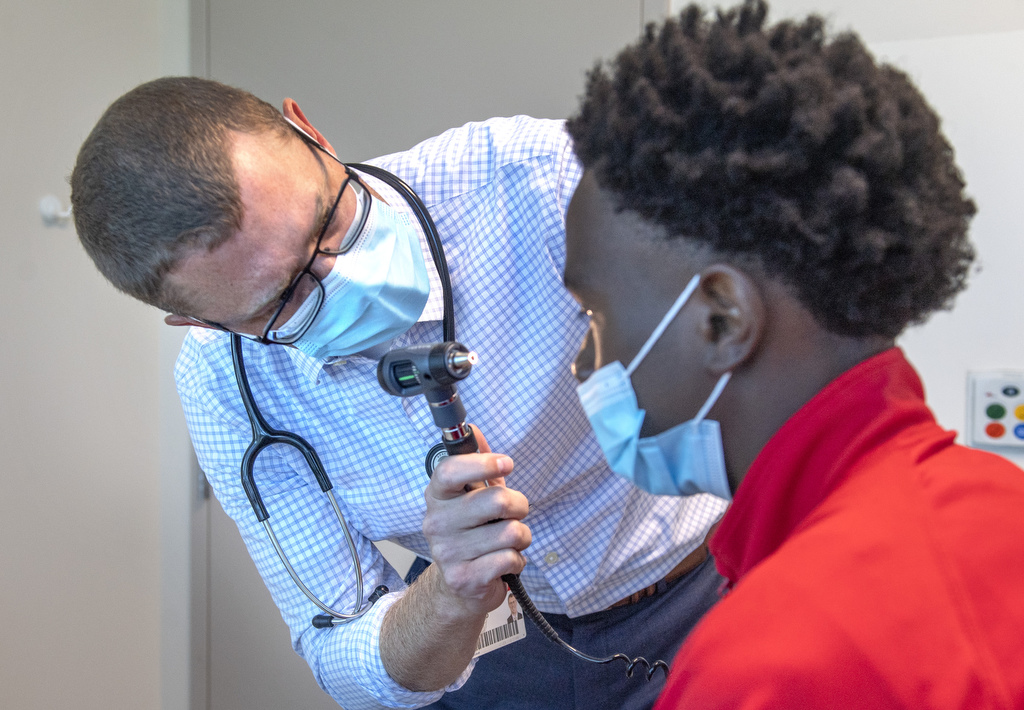
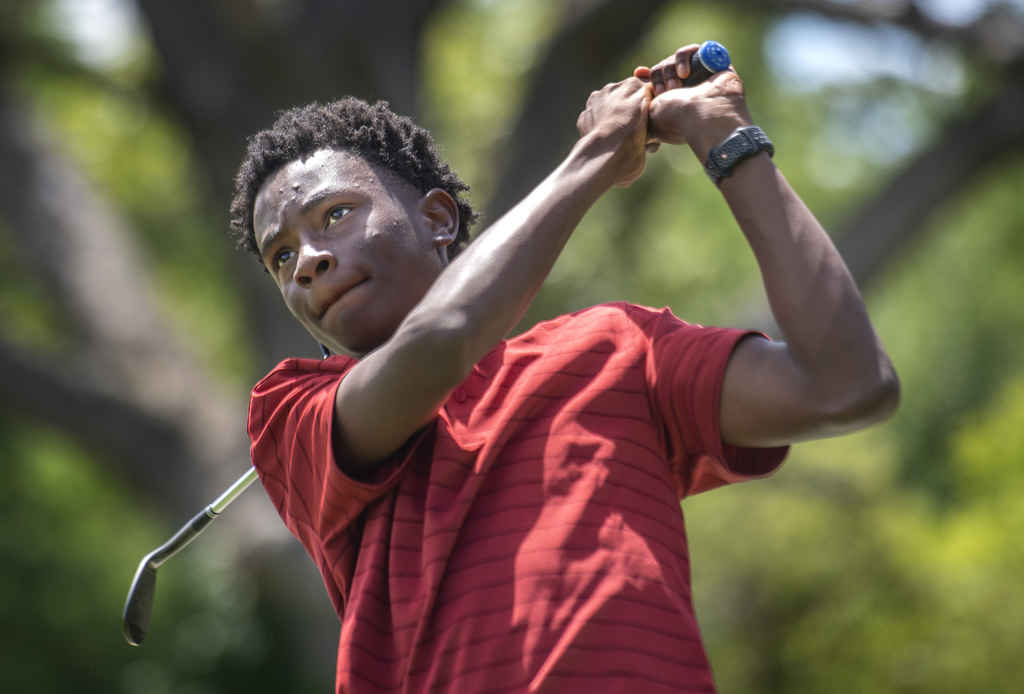
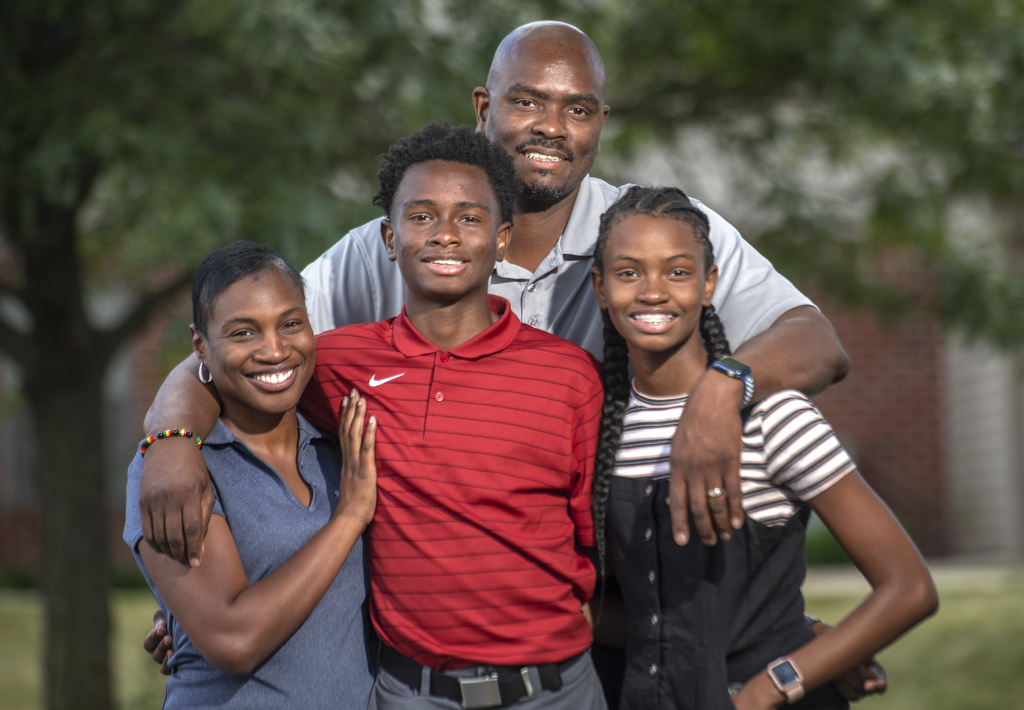
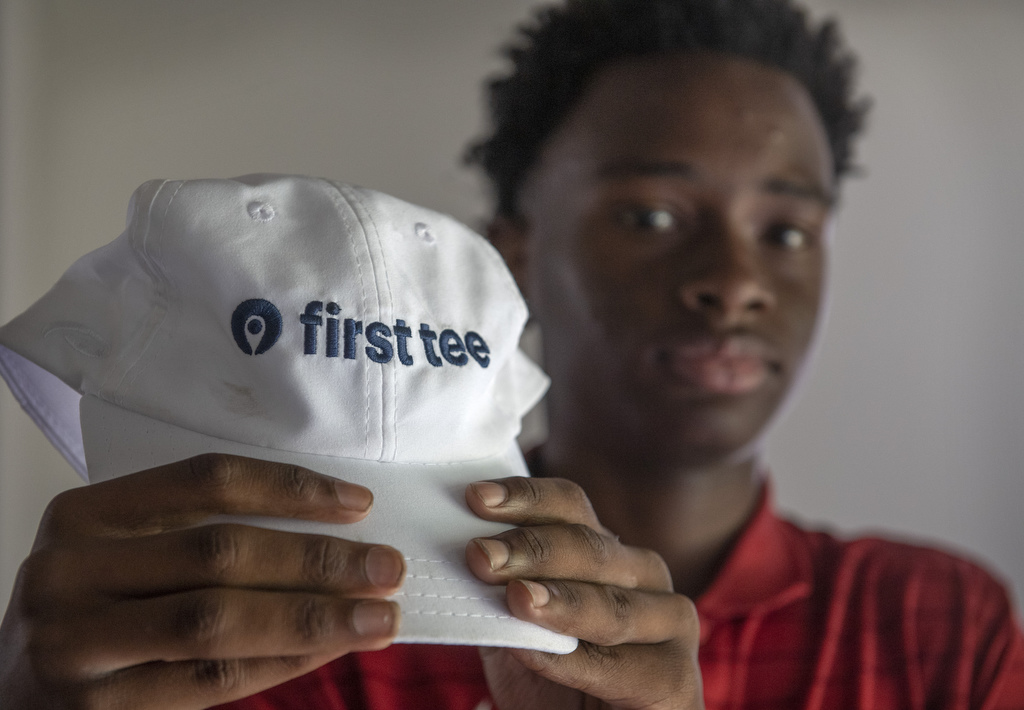





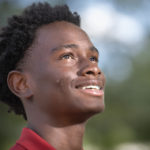
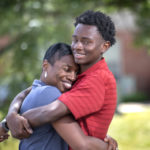
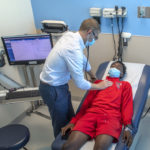
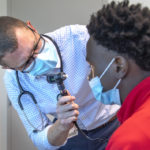
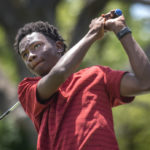
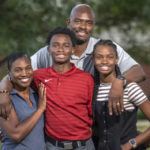





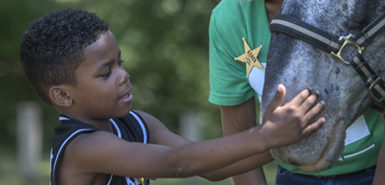 /a>
/a>
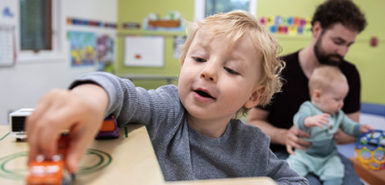 /a>
/a>
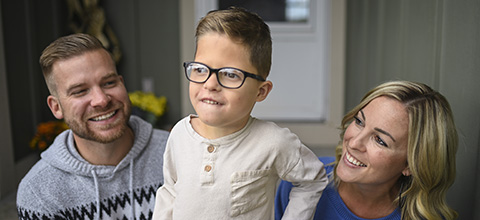 /a>
/a>
This young man has inspired me in so many ways. His drive and determination to reach his goals and dreams is mind blowing. Not to mention having a disease but breaking down barriers and making strides to diversify the game of golf is really something extraordinary. Good luck to this young man and his family